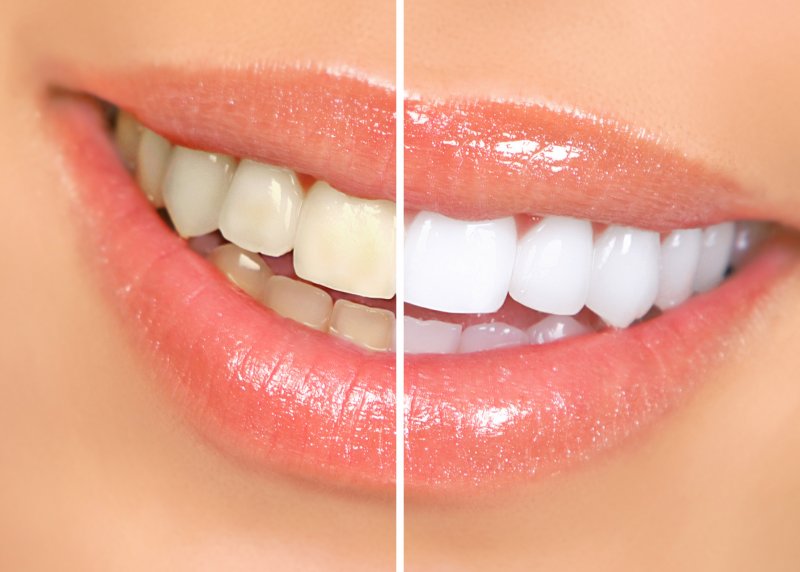
DIY teeth whiteners are quite popular lately, especially activated charcoal. Still, despite the hype surrounding it, you don’t often hear about whether it’s safe. Even if the charcoal whitens teeth, you wouldn’t want it to come at the cost of tooth damage or infection.
The question of its safety, thankfully, can be quickly answered. Here’s a guide to activated charcoal as a DIY whitener, including its traits, its risks, and why professional whitening from a dentist is better.
Why Would Charcoal Whiten Teeth?
Activated charcoal is a fine-grained black powder made from various natural substances such as coconut shells, olive pits, slowly burned wood, and peat. It becomes activated when oxidized under extreme heat, becoming very porous and highly absorbent.
Among other things, this charcoal is well-known for its ability to absorb dirt and similar impurities. As such, it’s one of the ingredients found in shampoos, used in water filtration systems, and applied to treat drug overdoses and food poisoning.
Given the above facts, some tout activated charcoal as a DIY whitener that absorbs stains and plaque from the surface of teeth. Whether you use charcoal-based toothpaste or apply the material directly, you’ll supposedly see results just days after regular brushing.
The Failure & Risk of Charcoal Teeth Whitening
Currently, no scientific evidence supports activated charcoal as a teeth whitener. Due to this lack of evidence, products containing it aren’t eligible for the American Dental Association’s (ADA) Seal of Acceptance. In other words, neither direct application of activated charcoal nor charcoal toothpaste are likely to have any whitening effect. Any claims on social-media and elsewhere about charcoal’s positive results are just anecdotes, not “proof”, and should be taken with a grain of salt.
On the other hand, there’s reason to believe that activated charcoal is harmful to teeth. The ADA has said activated charcoal’s texture can wear down tooth enamel. Said enamel loss, in turn, can lead to increased sensitivity and even tooth decay. These effects will leave your smile looking dirtier and weaker rather than whiter and stronger.
Don’t Use Charcoal. See a Dentist!
Few experts recommend DIY teeth whiteners in general, let alone those using activated charcoal. The American Dental Association recommends speaking with your dentist before using any whitening product, especially if you have crowns and fillings. Dentists will also tell you that even those DIY whiteners without charcoal cause tooth sensitivity. However, your dental professional can recommend the right product for your needs.
Still, most dentists agree that professional whitening is better and safer than activated charcoal or other DIY whiteners. Dentists vet their materials for both safety and effectiveness, making sure their patients truly benefit. For instance, many cosmetic dentists offer excellent bleaching services that can remove teeth stains for a whiter, healthier smile. Some even offer customized bleaching trays that patients can take home for personal use. Unlike charcoal, then, dentists’ whitening products have been scientifically tested and proven to remove stains while not harming the teeth.
It can be tempting to think that, with activated charcoal, we can get a perfect smile on our own. Hopefully, though, we’ll remember that dentists are still the more trustworthy source of brighter smiles that last a lifetime.
About the Practice
Strohman Dental is a dental practice based in Wichita Falls, TX. Headed by Dr. Shelly Strohman, who earned her DDS from the UMKC School of Dentistry, it emphasizes family dentistry that provides a wide range of services for children and adults. The practice also strives for honesty and care when treating patients in an effort to provide the best dental treatments. For more information on Strohman Dental or to set an appointment, the team can be reached via website or by phone at (940)-613-0299.